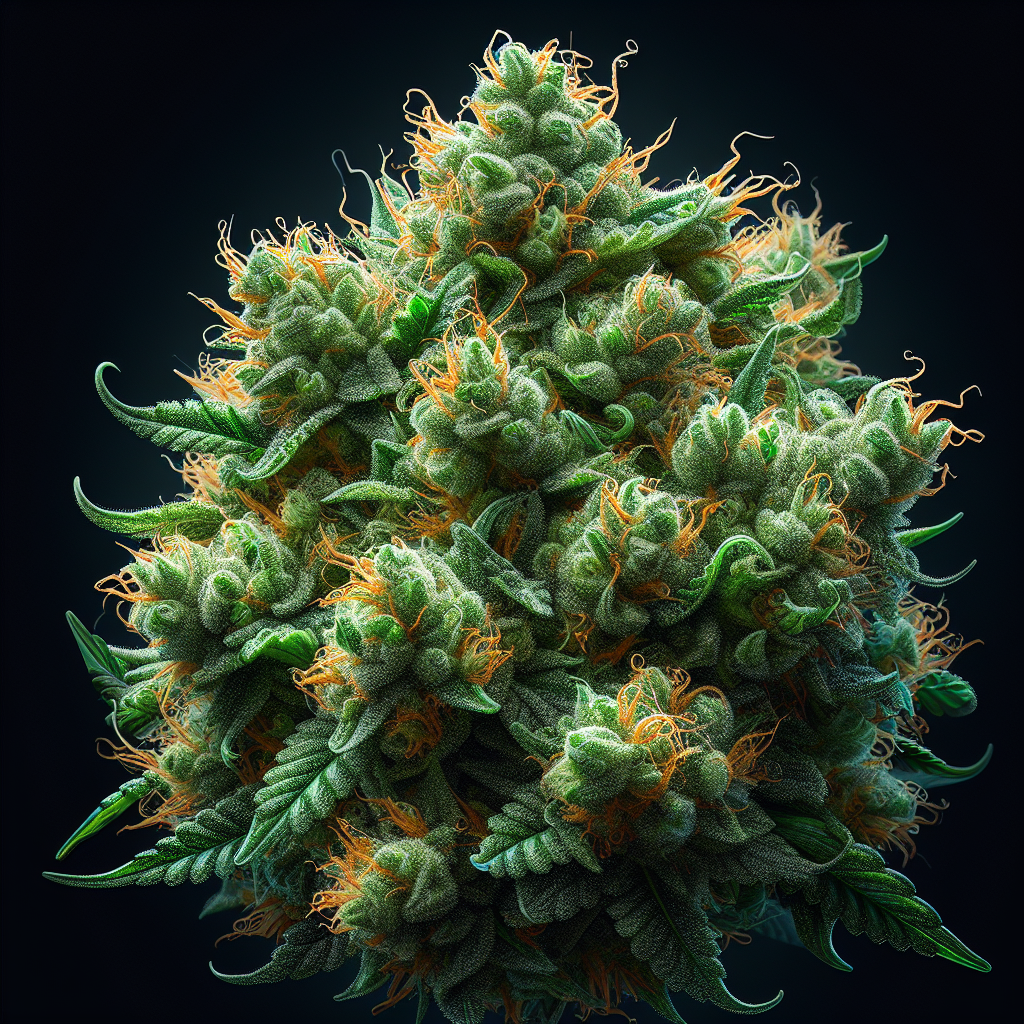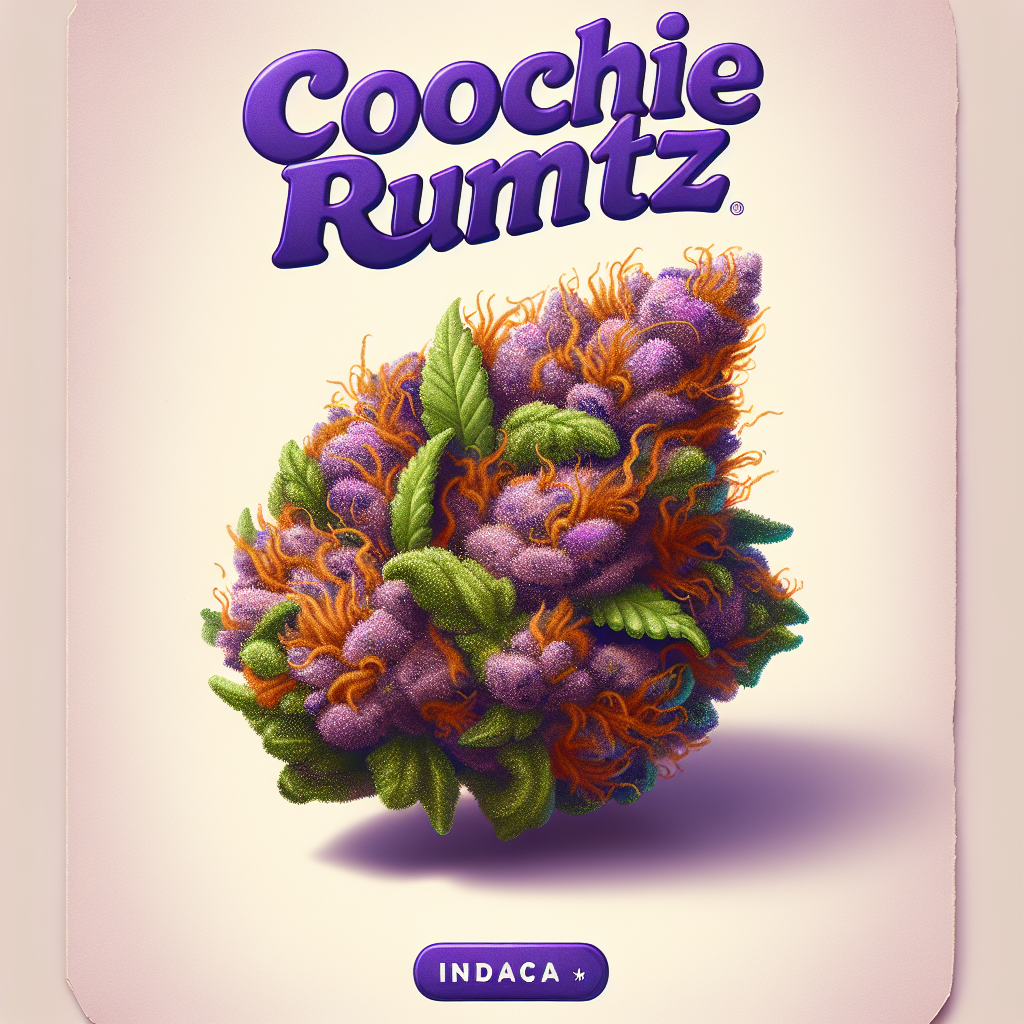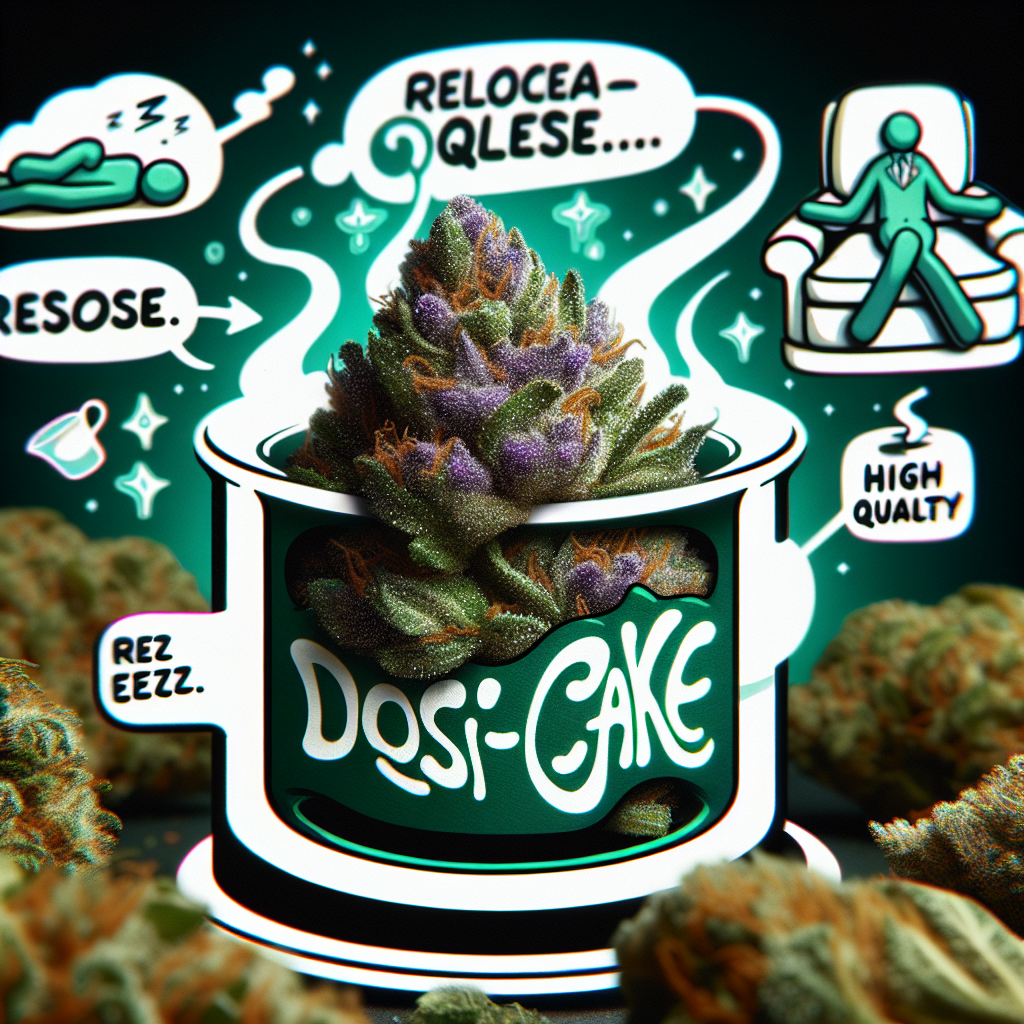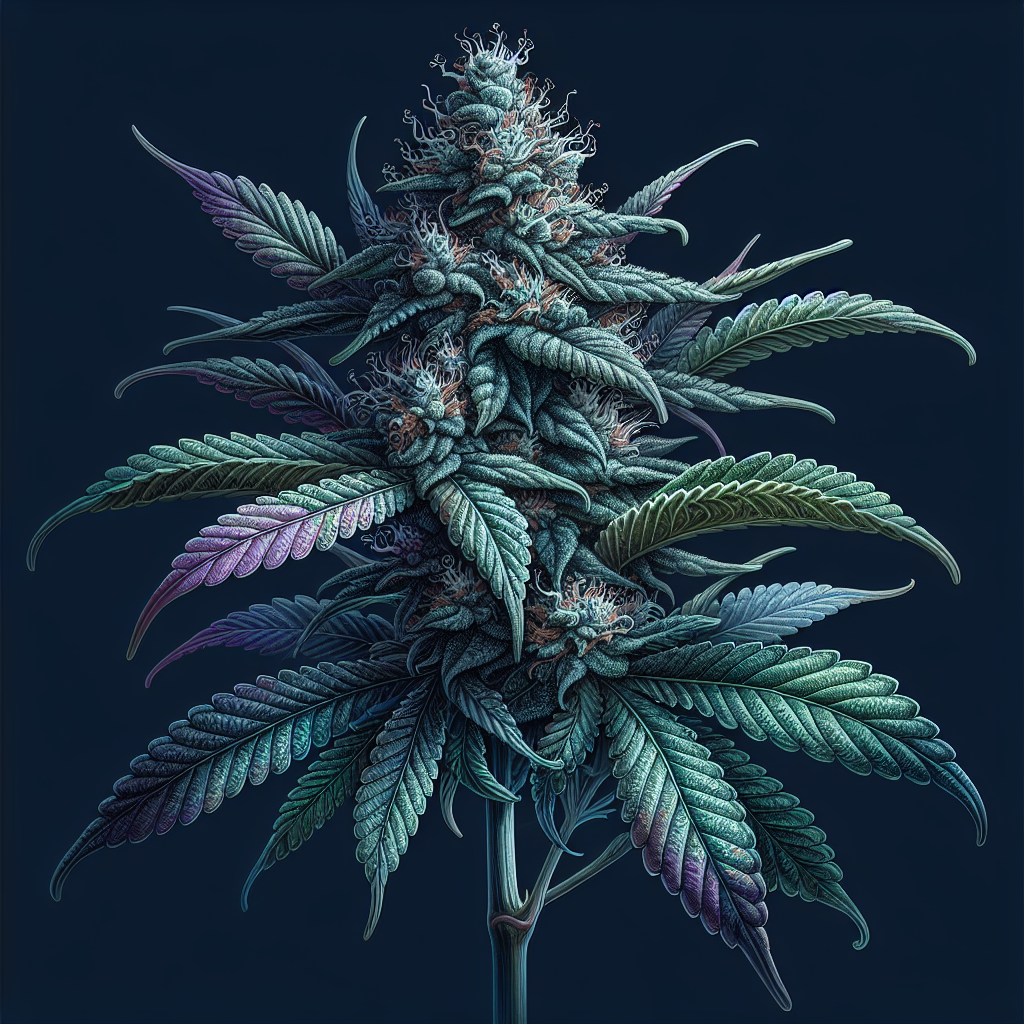What Is CBD? Exploring Its Origins, Benefits, and Uses
Cannabidiol (CBD) has become a buzzword in recent years, emerging as one of the most prominent compounds derived from the cannabis plant. As more people seek natural alternatives for health and wellness, understanding what CBD is, its origins, benefits, and uses is essential. In this comprehensive look at CBD, we’ll delve into its fascinating history, the science behind its therapeutic properties, and the various ways it can enhance our well-being.
Understanding CBD: A Cannabinoid from Cannabis
CBD is one of over 100 cannabinoids found in the cannabis plant. Unlike its more famous counterpart, tetrahydrocannabinol (THC), CBD does not induce a "high." Instead, it offers a range of potential health benefits without the psychoactive effects associated with THC. This unique characteristic makes CBD an appealing option for those seeking relief from various ailments without the mind-altering effects of cannabis.
Origins of CBD: From Ancient Times to Modern-Day Research
Historical Context
The history of cannabis use dates back thousands of years, with the plant being utilized for its medicinal properties across various cultures. Ancient texts, such as those from China, India, and Egypt, reference the use of hemp and cannabis for a multitude of ailments, from pain relief to digestive issues.
In the 19th century, scientists began to isolate cannabinoids, leading to the identification of THC and CBD. However, it wasn’t until the late 20th century that CBD started to draw significant attention. The 1960s marked a turning point when researchers at the Hebrew University of Jerusalem identified CBD’s structure and its potential therapeutic properties. This discovery set the stage for the extensive scientific research that would follow.
Modern Advances in CBD Research
In recent years, CBD has gained traction within the wellness community. The 2018 Farm Bill in the United States legalized hemp-derived CBD, paving the way for broader research and commercial use. Since then, studies have explored CBD’s potential benefits for conditions such as anxiety, epilepsy, chronic pain, and inflammation.
Researchers continue to uncover the myriad ways in which CBD interacts with the body’s endocannabinoid system (ECS). The ECS is a complex network of receptors and compounds that helps regulate various physiological processes, including mood, sleep, appetite, and immune response. CBD interacts with the ECS, potentially offering therapeutic effects for a variety of conditions.
Exploring the Benefits of CBD
As the interest in CBD grows, so does the body of research supporting its benefits. While more studies are needed to confirm its full range of effects, initial findings suggest several promising applications.
1. Pain Relief
CBD is widely known for its analgesic properties. Studies indicate that CBD may reduce inflammation and alleviate chronic pain, making it a popular choice among those with conditions such as arthritis or fibromyalgia. By acting on the ECS, CBD may influence pain perception, providing a natural alternative to traditional pain medication.
2. Anxiety and Stress Management
One of the most celebrated benefits of CBD is its potential to reduce anxiety and promote relaxation. Research has shown that CBD can lower cortisol levels, a hormone associated with stress. Additionally, studies suggest that CBD may help in managing social anxiety disorder and generalized anxiety disorder by modulating serotonin receptors in the brain.
3. Sleep Support
Many individuals seek CBD for its potential to enhance sleep quality. Research indicates that CBD may help those struggling with insomnia by addressing underlying issues such as anxiety and pain. By promoting relaxation and decreasing insomnia symptoms, CBD may lead to a more restful night’s sleep.
4. Neuroprotective Properties
CBD’s potential neuroprotective effects have garnered significant interest in the scientific community. Studies suggest that CBD may have promise in treating neurodegenerative conditions such as Alzheimer’s disease and multiple sclerosis. Its anti-inflammatory and antioxidant properties may play a role in protecting neurons from damage.
5. Skin Health
The anti-inflammatory properties of CBD also extend to skincare. Topical CBD products are gaining popularity for their potential to alleviate conditions such as acne, eczema, and psoriasis. Its ability to regulate oil production and reduce inflammation makes it an appealing ingredient for various skincare formulations.
6. Epilepsy and Seizures
Perhaps one of the most well-known uses of CBD is in the treatment of epilepsy. The FDA-approved drug Epidiolex, which contains pure CBD, is prescribed for treatment-resistant epilepsy syndromes such as Dravet syndrome and Lennox-Gastaut syndrome. Clinical trials have demonstrated CBD’s effectiveness in reducing the frequency of seizures in these patients.
Various Uses of CBD
With the versatility of CBD, it is available in numerous forms, each catering to different preferences and use cases.
1. Oils and Tinctures
CBD oils are one of the most popular forms of CBD consumption. These are typically extracted from hemp and delivered in a concentrated liquid form. Users can take CBD oil sublingually (under the tongue) for quick absorption or mix it with food or beverages.
2. Edibles
CBD-infused edibles, such as gummies, chocolates, and beverages, offer a tasty and convenient way to enjoy CBD. Edibles provide a longer-lasting effect as they are metabolized through the digestive system, making them ideal for sustained relief.
3. Topicals
As previously mentioned, CBD can be found in a variety of topical products, including creams, lotions, and balms. These products are ideal for localized relief, providing targeted relief for sore muscles, joint pain, or skin conditions.
4. Capsules and Softgels
For those who prefer a familiar form of supplementation, CBD capsules and softgels offer a convenient option. These products provide a pre-measured dosage of CBD, making it easier for users to incorporate CBD into their daily routine.
5. Vapes
Vaping CBD allows for fast absorption into the bloodstream and is often favored for quick relief. However, users must ensure they are using high-quality vape products to avoid potentially harmful additives.
6. Isolates and Concentrates
CBD isolates are the purest form of CBD, containing no other cannabinoids or compounds from the cannabis plant. This can be an excellent option for individuals who want to avoid THC entirely. Concentrates, such as wax or shatter, provide a potent dose of CBD and can be consumed in various ways.
Safety and Considerations
While CBD is generally considered safe, there are some important factors to keep in mind.
-
Quality and Sourcing: Always choose high-quality, third-party tested CBD products. The regulatory landscape for CBD is evolving, but not all products on the market are created equal. Look for products with verifiable lab results to ensure purity and potency.
-
Potential Side Effects: Although rare, some individuals may experience side effects such as dry mouth, diarrhea, or changes in appetite. It’s crucial to start with a low dose and gradually increase it while monitoring your body’s response.
- Consultation with Healthcare Providers: If you are on other medications or have existing health conditions, consulting with a healthcare professional before incorporating CBD into your routine is advisable. They can help determine appropriate dosages and ensure there are no contraindications.
The Future of CBD
The future of CBD appears promising, with ongoing research poised to uncover more of its potential benefits and applications. As the stigma surrounding cannabis continues to diminish, the therapeutic possibilities of CBD are being explored across various fields of medicine.
Social acceptance of cannabis, combined with escalating interest in natural remedies, has prompted a surge in product innovation. From infused beverages to functional foods, the market for CBD continues to expand, offering consumers a diverse selection of options tailored to their needs.
FAQ Roundup
1. What is CBD?
CBD, or cannabidiol, is a non-psychoactive compound found in the cannabis plant known for its therapeutic properties.
2. Is CBD legal?
In the U.S., hemp-derived CBD is legal under the 2018 Farm Bill, but regulations may vary by state. Always check local laws regarding cannabis-related products.
3. Does CBD get you high?
No, CBD does not produce a "high." It lacks the psychoactive properties found in THC.
4. How does CBD work in the body?
CBD interacts with the body’s endocannabinoid system, which regulates various physiological processes, including pain, mood, and immune function.
5. What are the benefits of CBD?
Potential benefits of CBD include pain relief, anxiety reduction, improved sleep quality, neuroprotection, and skin health.
6. How can I take CBD?
CBD is available in various forms, including oils, edibles, topicals, capsules, and vapes. Choose the method that suits your lifestyle and preferences.
7. Are there any side effects of CBD?
While generally considered safe, some individuals may experience side effects, such as dry mouth, diarrhea, or changes in appetite. Always start with a low dose and consult a healthcare professional if concerned.
8. How do I know if a CBD product is high quality?
Look for products that provide third-party lab testing results to verify their purity and potency.
9. Can I take CBD with other medications?
Consult a healthcare professional before combining CBD with other medications to avoid potential interactions.
10. What does the future hold for CBD?
Ongoing research and changing societal attitudes toward cannabis suggest a bright future for CBD, with continued exploration of its therapeutic potential and increased availability of innovative products.
By understanding what CBD is and how it works, individuals can make informed choices about incorporating this remarkable compound into their wellness routines. With its rich history, evolving research, and wide array of applications, CBD possesses the potential to enhance everyday life and health in significant ways.




